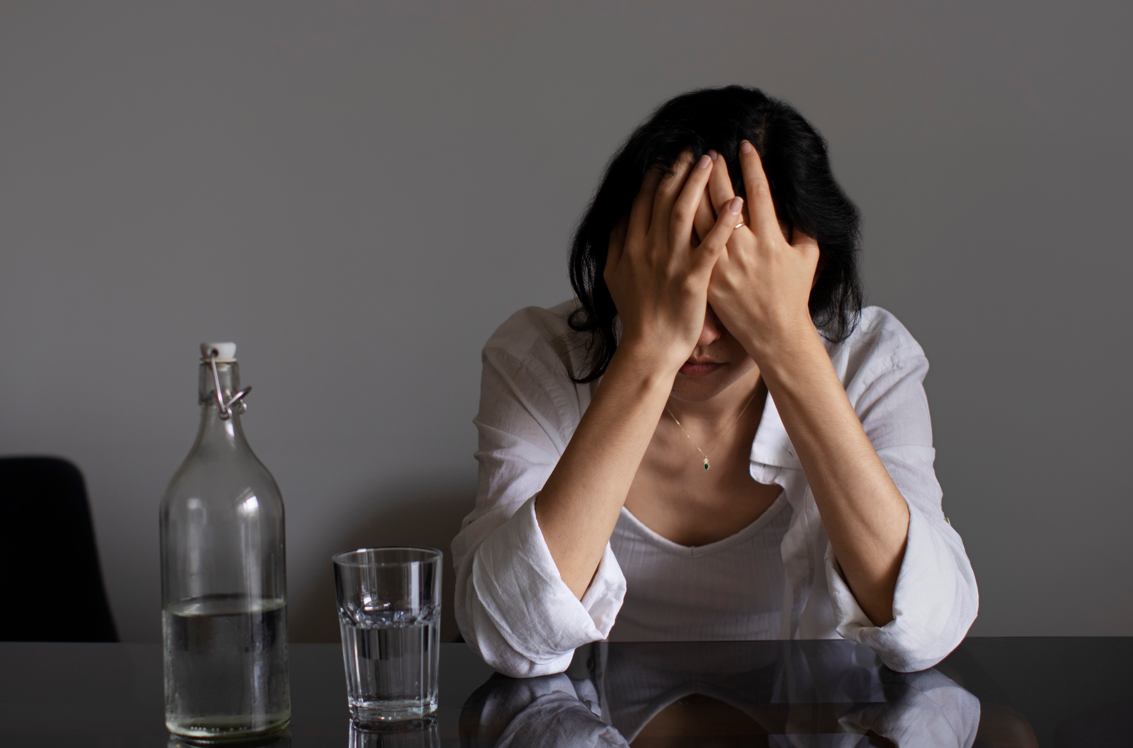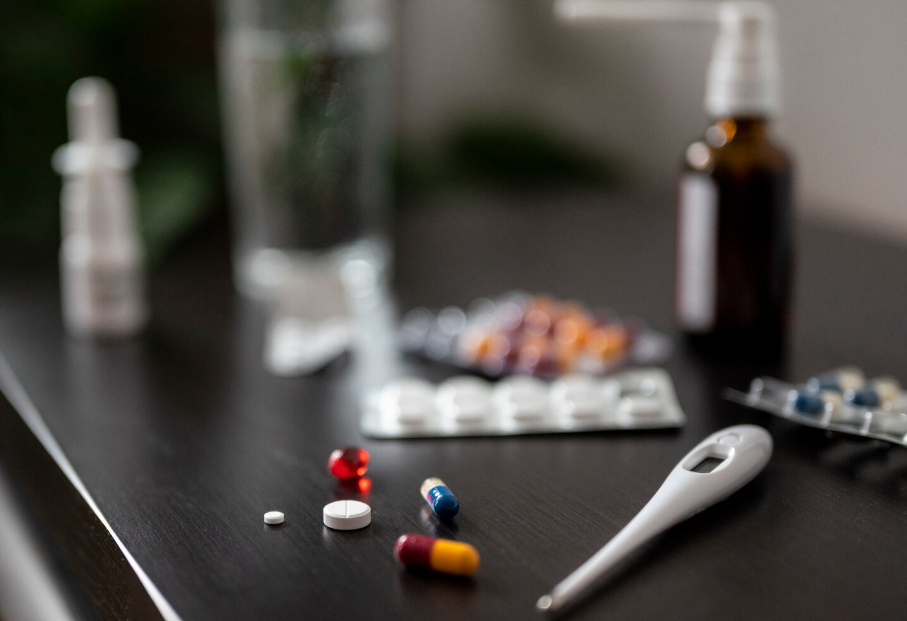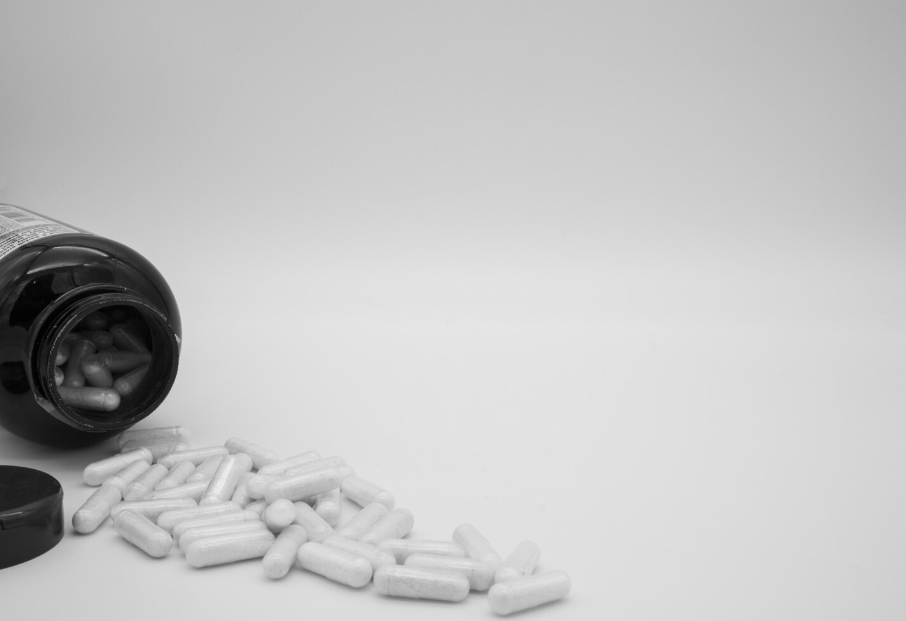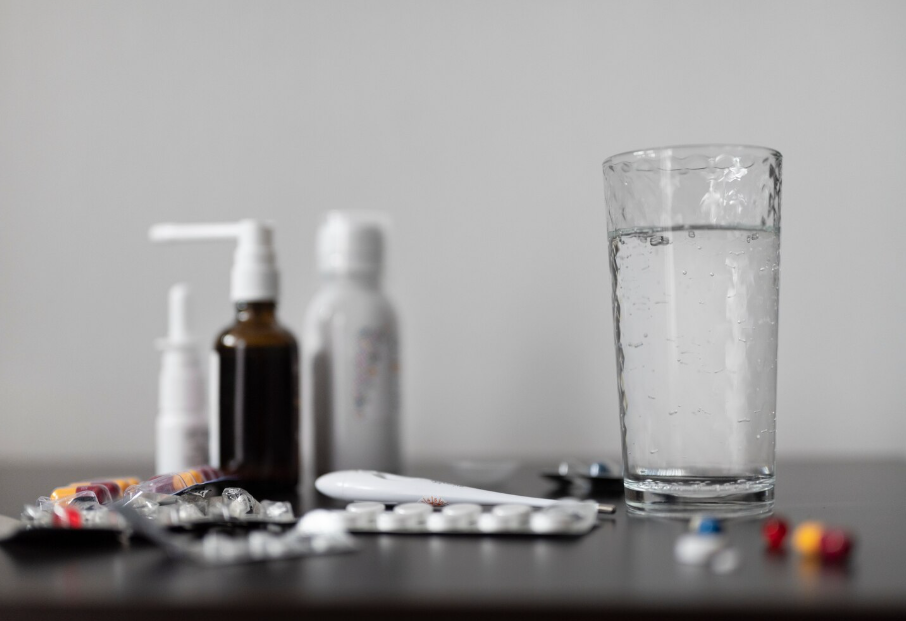Top 10 Most Interesting Social Media Addiction Statistics
- The average person spends 2 hours and 24 minutes on social media daily. This equates to nearly one-third of our waking hours spent scrolling through our feeds.
- Around 210 million people suffer from social media addiction worldwide. That's equivalent to the entire population of Brazil, the sixth most populous country in the world.
- 68% of adults in the United States use Facebook. This makes it the most popular social media platform in the country.
- Teenagers spend an average of 9 hours a day online. This includes browsing social media platforms, playing games, and watching videos.
- 64% of people who use social media report feeling anxious or stressed after logging off. This highlights the negative impact social media addiction can have on mental health.
- Social media platforms are explicitly designed to be addictive. They employ techniques like notifications and infinite scrolling to keep users engaged for longer periods.
- 10% of social media users check their phones during sex. This alarming statistic highlights the extent to which social media addiction can impact our lives.
- 23% of users have tried to quit social media but failed. This demonstrates the strong hold that social media addiction can have on people.
- People aged 16-24 spend an average of 3 hours a day on social media. This age group is the most vulnerable to social media addiction.
- Social media addiction is linked to higher rates of depression, anxiety, and loneliness. Research has shown that excessive social media use can have severe consequences for mental health.
How Many People Are Using Social Media?

- 3.96 billion people use social media worldwide.
- Facebook has over 2.74 billion monthly active users.
- Instagram has over 1 billion monthly active users.
- Twitter has 330 million monthly active users.
How Long Have People Spent on Social Media?
- The average person will spend a total of 6 years and 8 months of their life on social media.
- People check their phones an average of 63 times per day.
- 28% of people check their social media before getting out of bed in the morning.
Social Media Addiction Demographics
- 42% of women are more likely to be addicted to social media than 36% of men. This suggests a gender difference in the susceptibility to social media addiction.
- Nearly 90% of Generation Z (those born between 1997 and 2012) are active on social media. This highlights the prevalence of social media use among younger generations.
- Around 72% of African Americans, 69% of Hispanic Americans, and 67% of white Americans use at least one social media site. Although there is some variation among different racial and ethnic groups, the majority across all demographics engage with social media platforms.
- Urban residents (70%) have a slightly higher likelihood of being addicted to social media when compared to rural residents (64%). Geographical location can also influence the extent of social media addiction.

The Impact of Social Media on Mental Health
- 71% of people admit to experiencing cyberbullying on social media.
- 90% of teens have reported feeling ignored or left out on social media.
- 60% of people using social media are aware of its negative effects on their mental health.
Social Media Users By Country

- United States: 70% of the population uses social media, with Facebook being the most popular platform.
- India: 74% of internet users in India are active on social media platforms, with YouTube and WhatsApp being the most popular.
- China: 71% of Chinese internet users are active on social media, with WeChat dominating as the primary platform.
- Brazil: 66% of Brazilians use social media regularly, primarily accessing platforms like Facebook and Instagram.
- Indonesia: 79% of Indonesians are active on social media, predominantly using WhatsApp and Instagram.
- United Kingdom: 67% of UK residents use social media, with Facebook being the preferred platform for most users.
- Russia: 76% of Russians are active on social media platforms, with VKontakte (VK) and Odnoklassniki leading in popularity.
- Japan: 56% of Japanese internet users engage with social media, primarily using LINE and Twitter.
- South Korea: 84% of South Koreans use various social media platforms, including KakaoTalk and Instagram.
- Australia: 69% of Australians actively participate in social media networks, primarily using Facebook and Instagram.
How Does Social Media Addiction Impact Our Productivity?
- Social media costs the US economy an estimated $650 billion per year in lost productivity.
- 53% of people admit to using social media as a form of procrastination.
- 47% of people say that social media distracts them from work.
Social Media and Relationships
- 35% of people admit to feeling jealous or envious after seeing others' lives on social media.
- 42% of couples argue about overuse of social media in their relationships.
- 24% of people have ended a friendship or relationship due to social media-related issues.
What is the most addictive social media?
- Facebook: Considered the most addictive social media platform, with 63% of users admitting to being addicted.
- Instagram: Comes in second, with 40% of users reporting addiction to the visually-oriented platform.
- Snapchat: Ranks third in addictiveness, with 36% of users stating they're addicted to sending and receiving snaps.
- Twitter: Holds fourth place, as 32% of users report feeling addicted to the fast-paced microblogging site.
- TikTok: In fifth place, with 28% of users admitting to being addicted to the short-video platform.

Social Media and Sleep
- 45% of people admit to using social media in bed before going to sleep.
- 35% of people report having trouble sleeping after using social media.
- 60% of people check their social media within 30 minutes of waking up.
Social Media and FOMO (Fear of Missing Out)
- 56% of people report feeling FOMO due to social media.
- 48% of people admit to using social media more than they would like to avoid missing out.
- 39% of people have attended an event or gathering solely because they saw it on social media.
Social Media and Self-esteem
- 60% of people report feeling inadequate after comparing themselves to others on social media.
- 50% of people have experienced a decrease in self-esteem due to social media.
- 45% of people say that they feel more confident on social media than in real life.
Time Spent on Social Media by Age
- Ages 15-19: Teenagers in this age group spend an average of 3 hours and 18 minutes per day on social media, with 88% using at least one platform daily.
- Ages 20-29: Young adults in their twenties spend an average of 2 hours and 54 minutes per day on social media, with 82% engaging daily.
- Ages 30-39: Adults in their thirties spend an average of 2 hours and 24 minutes per day on social media, and approximately 77% use it daily.
- Ages 40-49: Individuals in their forties dedicate an average of 1 hour and 48 minutes per day to social media, with around 65% participating daily.
- Ages 50-59: People in their fifties spend about 1 hour and 12 minutes per day on social media platforms, with roughly half (50%) using them daily.
- Ages 60+: Seniors aged sixty and above utilize social media for an average of just under one hour a day (56 minutes), with around a third (34%) engaging daily.
Social Media and Privacy
- 82% of people are concerned about their privacy on social media.
- 70% of people have taken steps to limit their social media usage due to privacy concerns.
- 58% of people are worried about the amount of personal information available on social media.
Social Media and Addiction
- 30% of people admit to feeling addicted to social media.
- 20% of people have sought professional help for their social media addiction.
- 34% of people have tried to take a break from social media but were unable to.
Social Media and Work-Life Balance
- 40% of people say that social media has negatively impacted their work-life balance.
- 32% of people report feeling pressure to be available on social media even during non-work hours.
- 27% of people admit to using social media during work hours.
Social Media and Youth
- 95% of teens aged 13-17 have access to a smartphone.
- 45% of teens say they are online "almost constantly."
- 37% of teens feel that social media has mostly harmful effects on people their age.
Social Media and Body Image
- 53% of women report feeling pressured to look perfect on social media.
- 31% of men say they feel pressure to have a perfect body due to social media.
- 41% of people have edited their photos before posting them on social media to fit in with societal beauty standards.
FAQs
What is social media addiction?
Social media addiction is a behavioral disorder characterized by excessive and compulsive use of social media platforms, leading to negative impacts on an individual's mental health, relationships, and daily functioning.
What are the signs of social media addiction?
Some common signs of social media addiction include:
- Spending excessive amounts of time on social media
- Neglecting responsibilities or personal relationships due to social media use
- Experiencing withdrawal symptoms when unable to access social media
- Constantly checking for notifications or updates
- Using social media as a primary source of validation and self-worth
Can you become addicted to any type of social media platform?
Yes, individuals can become addicted to various types of social media platforms, including Facebook, Instagram, Twitter, Snapchat, and TikTok. The specific platform may vary depending on the individual's preferences and interests.
How can I reduce my risk of developing a social media addiction?
To reduce your risk of developing a social media addiction:
- Set limits on your daily usage.
- Prioritize face-to-face interactions over online connections.
- Turn off non-essential notifications.
- Establish specific times during the day for checking your accounts.
- Engage in activities unrelated to technology during your leisure time.
Is there treatment available for those struggling with social media addiction?
Yes, treatments for social media addiction may include cognitive-behavioral therapy (CBT), counseling sessions focused on building healthy coping mechanisms and establishing boundaries with technology usage, support groups like Social Media Anonymous (SMA), and in severe cases, digital detox programs or rehab centers specializing in internet addictions.
Can children develop a social media addiction?
Children can also develop a social-media addiction if they have early exposure to these platforms without appropriate supervision or guidance from parents or guardians. Parents should monitor their child's online activity, establish clear guidelines and limits on usage, and educate them about the potential risks associated with excessive social media use.
How can I support a loved one struggling with social media addiction?
If you suspect a loved one is struggling with social media addiction:
- Approach them with empathy and understanding.
- Encourage open communication about their experiences and feelings.
- Offer assistance in finding professional help if needed.
- Support their efforts to reduce or manage their social media use.
- Engage in activities together that don't involve technology or social media.
Can quitting social media cold turkey be an effective solution for addiction?
In some cases, quitting social media cold turkey may be an effective solution for addressing addiction.
However, it's essential to recognize that this approach may not work for everyone, as it can lead to withdrawal symptoms or feelings of isolation. A gradual reduction in usage or seeking professional help may be more suitable options depending on the individual's situation and needs.
Are there any positive aspects of using social media?
Yes, there are positive aspects to using social media, such as staying connected with friends and family, networking opportunities, access to news and information, sharing personal achievements or interests, and participating in online communities centered around shared hobbies or causes.
The key is maintaining a healthy balance between online engagement and real-life interactions.
Conclusion
Social media addiction is a growing concern, with significant consequences for our mental health, relationships, and overall well-being. By understanding these statistics, we can educate ourselves and take steps to limit the negative effects of social media in our lives.
References
https://headphonesaddict.com/social-media-addiction-statistics/
https://www.lanierlawfirm.com/social-media-addiction/statistics/
https://truelist.co/blog/social-media-addiction-statistics/
https://influencermarketinghub.com/social-media-addiction-stats/
https://www.pewresearch.org/internet/2021/04/07/social-media-use-in-2021/











